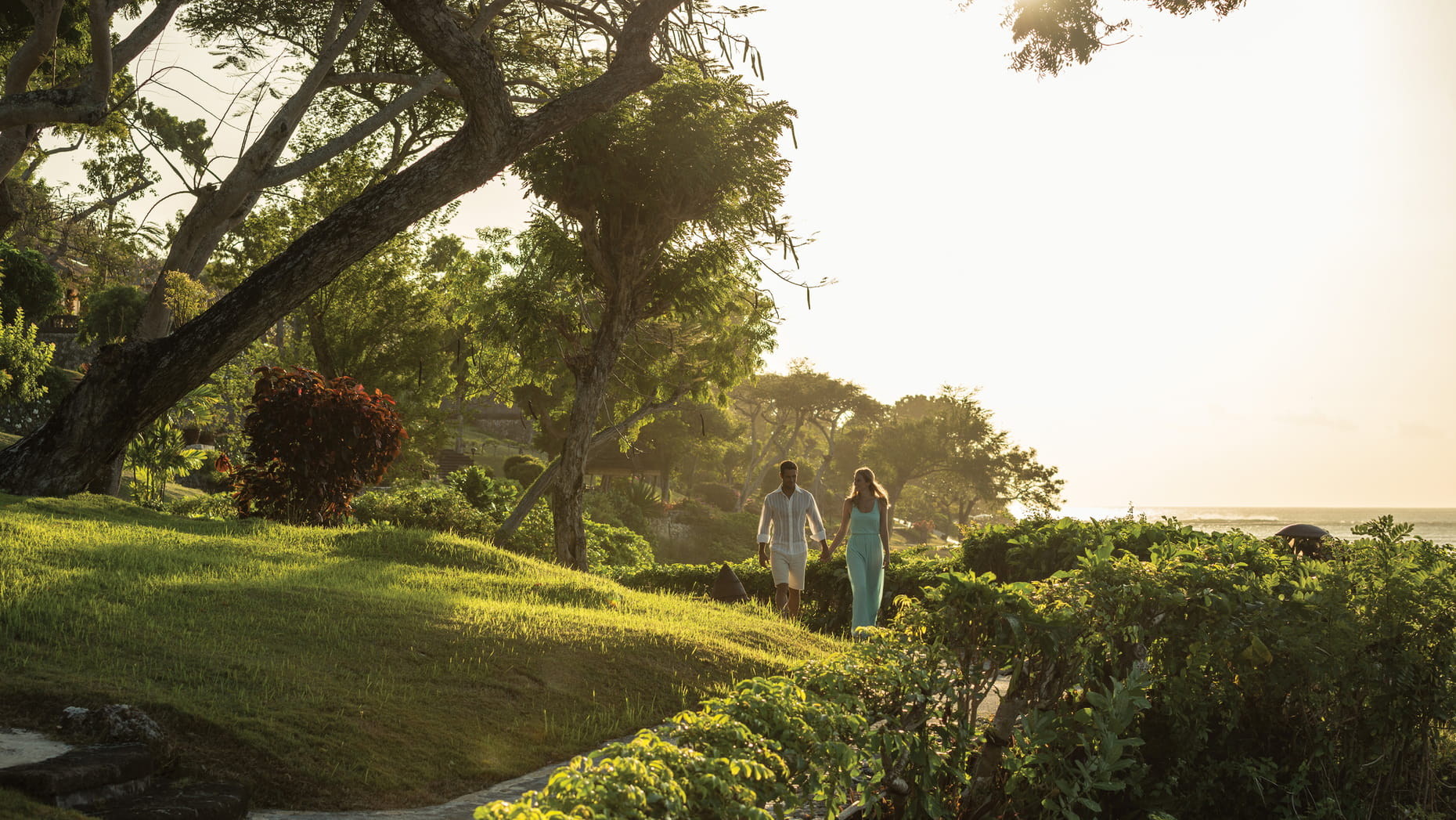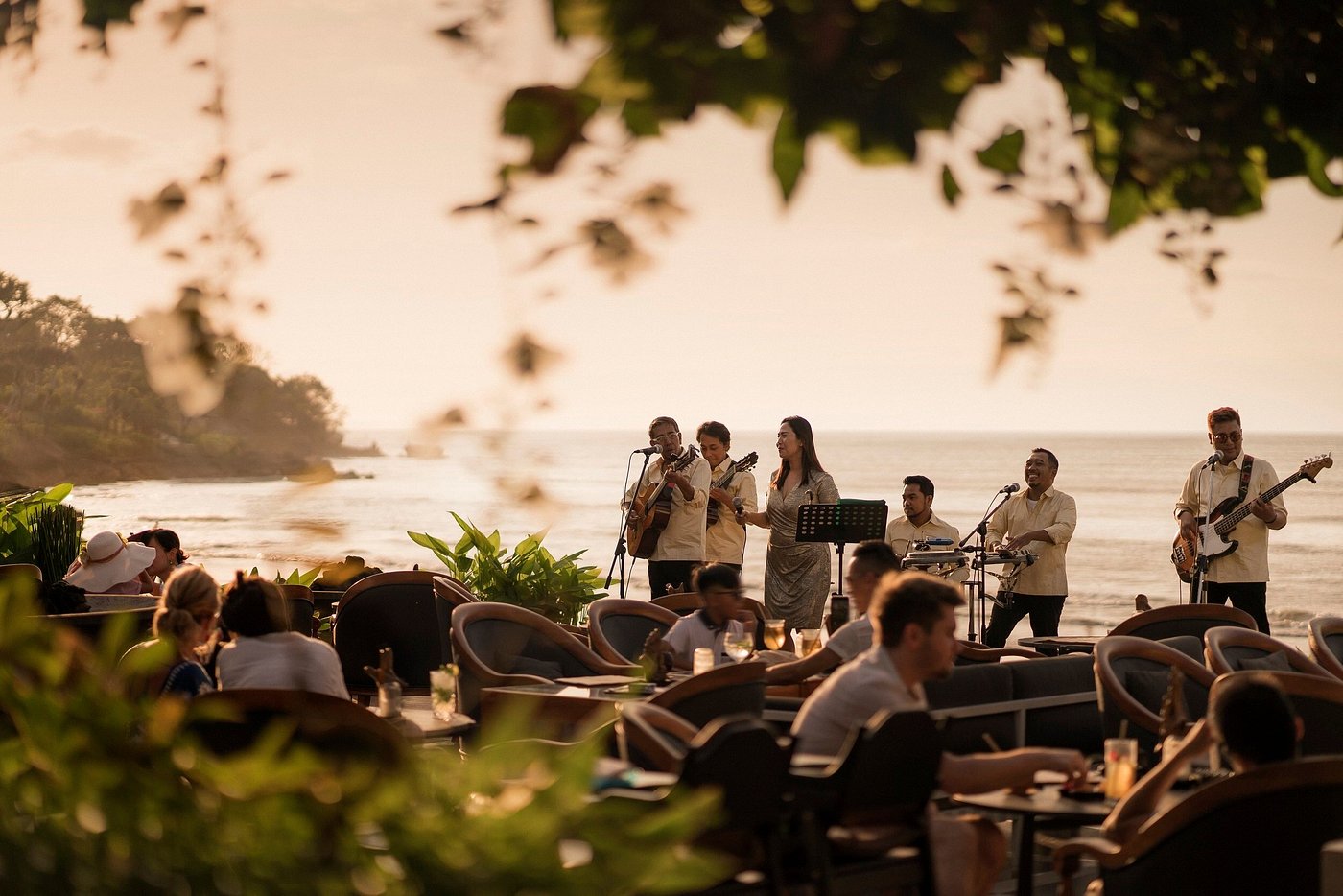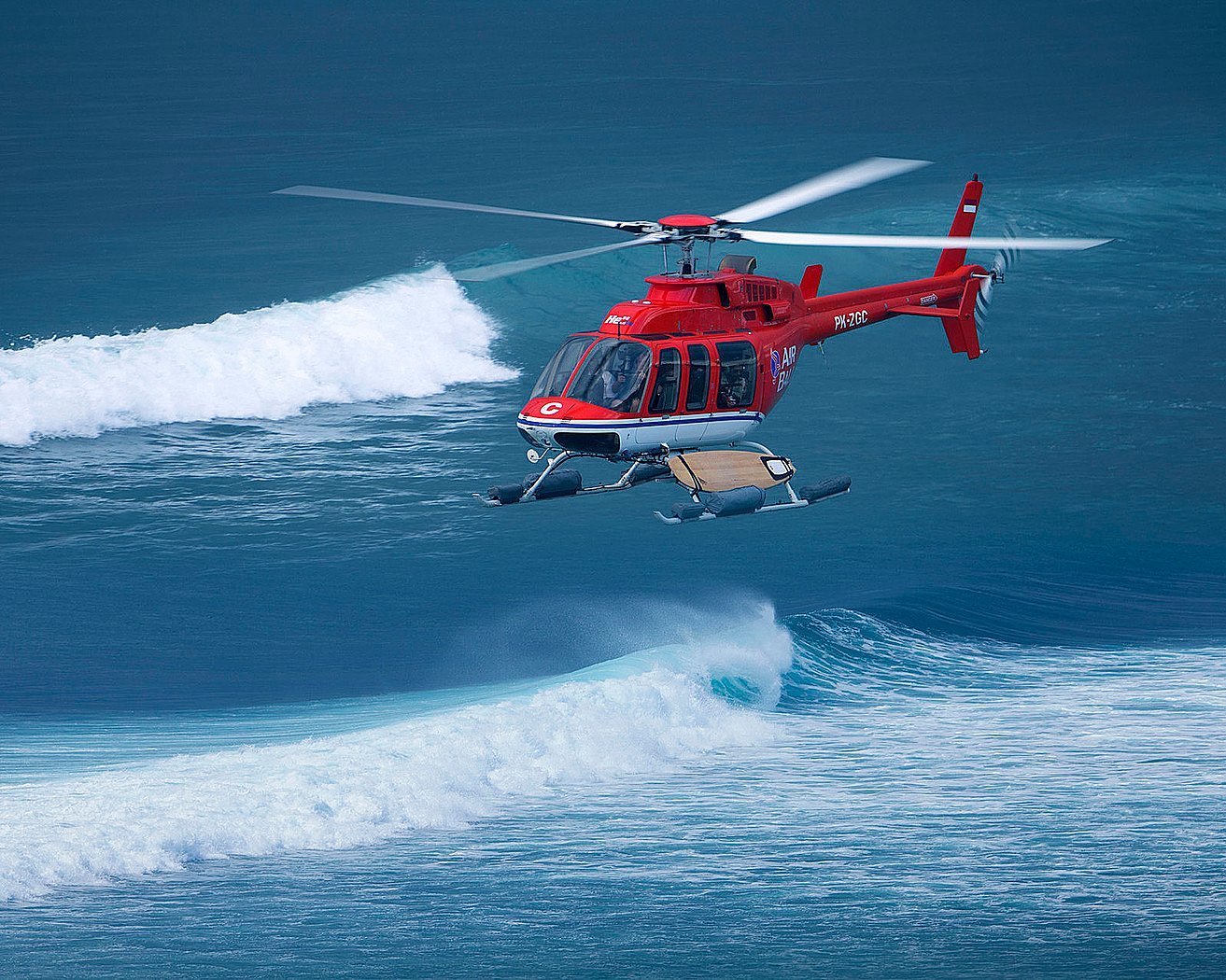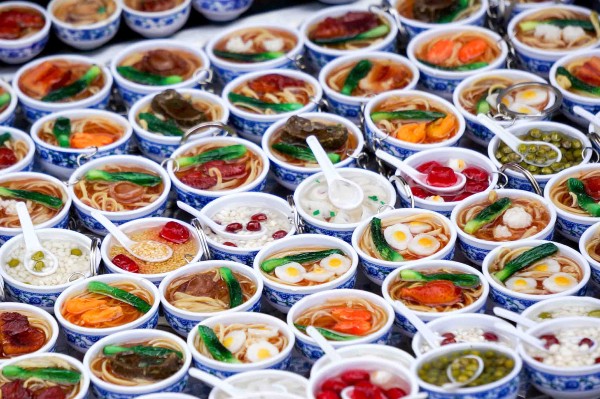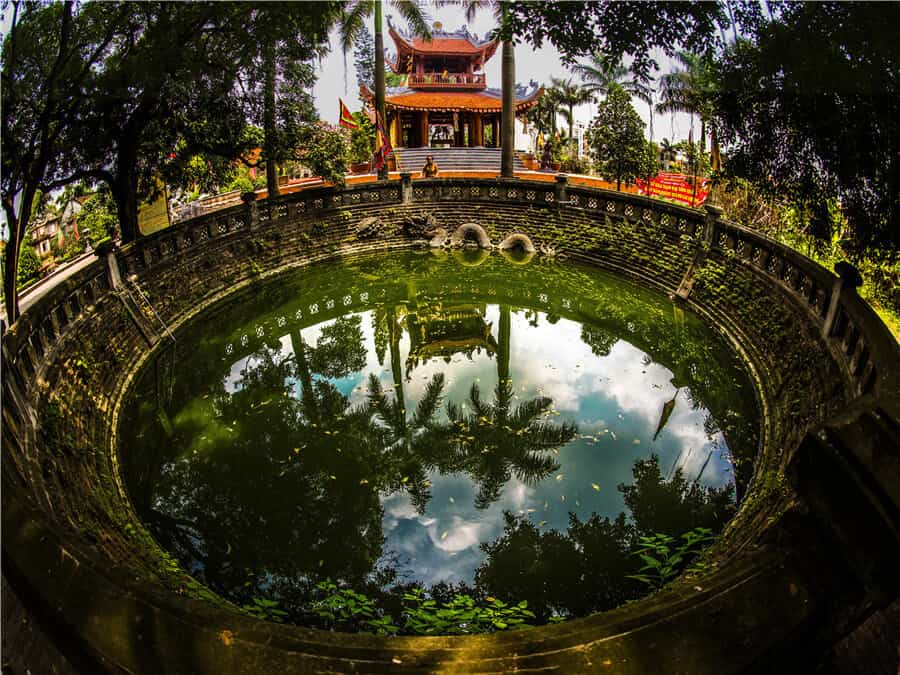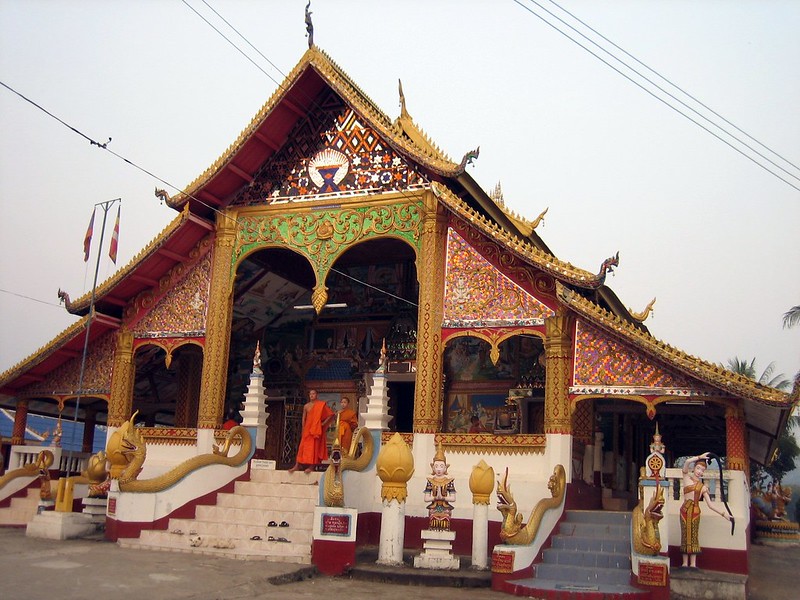Best Time to Visit Indonesia: Weather, Seasons & Travel Tips
The best time to visit Indonesia is from April to October, during the dry season when the weather is ideal for island-hopping, snorkeling, beach holidays, and exploring the country’s incredible natural landscapes. Clear skies, warm temperatures, and calm seas make this the most popular time for travelers.
Indonesia enjoys a tropical climate year-round, thanks to its location near the Equator. Temperatures stay consistently warm, averaging between 77°F and 88°F (25°C to 31°C). The main difference lies in the wet and dry seasons
☀️ Dry Season (April to October): Ideal for Travel
This is considered the peak travel season in Indonesia, with dry, sunny weather that’s perfect for outdoor activities. Whether you’re surfing in Bali, trekking volcanoes in Java, or relaxing on the beaches of Lombok and the Gili Islands, this period offers the best overall experience.
Highlights:
-
Best for beach trips, diving, and adventure tours
-
Excellent conditions for boat travel and wildlife spotting
-
Festivals and local events are in full swing
🌧️ Wet Season (November to March): Quieter & Greener
From November to March, Indonesia enters its rainy season, with frequent downpours – particularly in southern regions like Bali, Java, and Lombok. While beach time may be limited, this season also has its rewards.
Why consider traveling during the wet season?
-
Lush green landscapes and fewer tourists
-
Cooler temperatures in the highlands
-
Temples and cultural sites are quieter
-
Great deals on hotels and tours
Regions like North Sulawesi, Raja Ampat, and parts of Sumatra may still see sunshine and are good alternatives during this time.




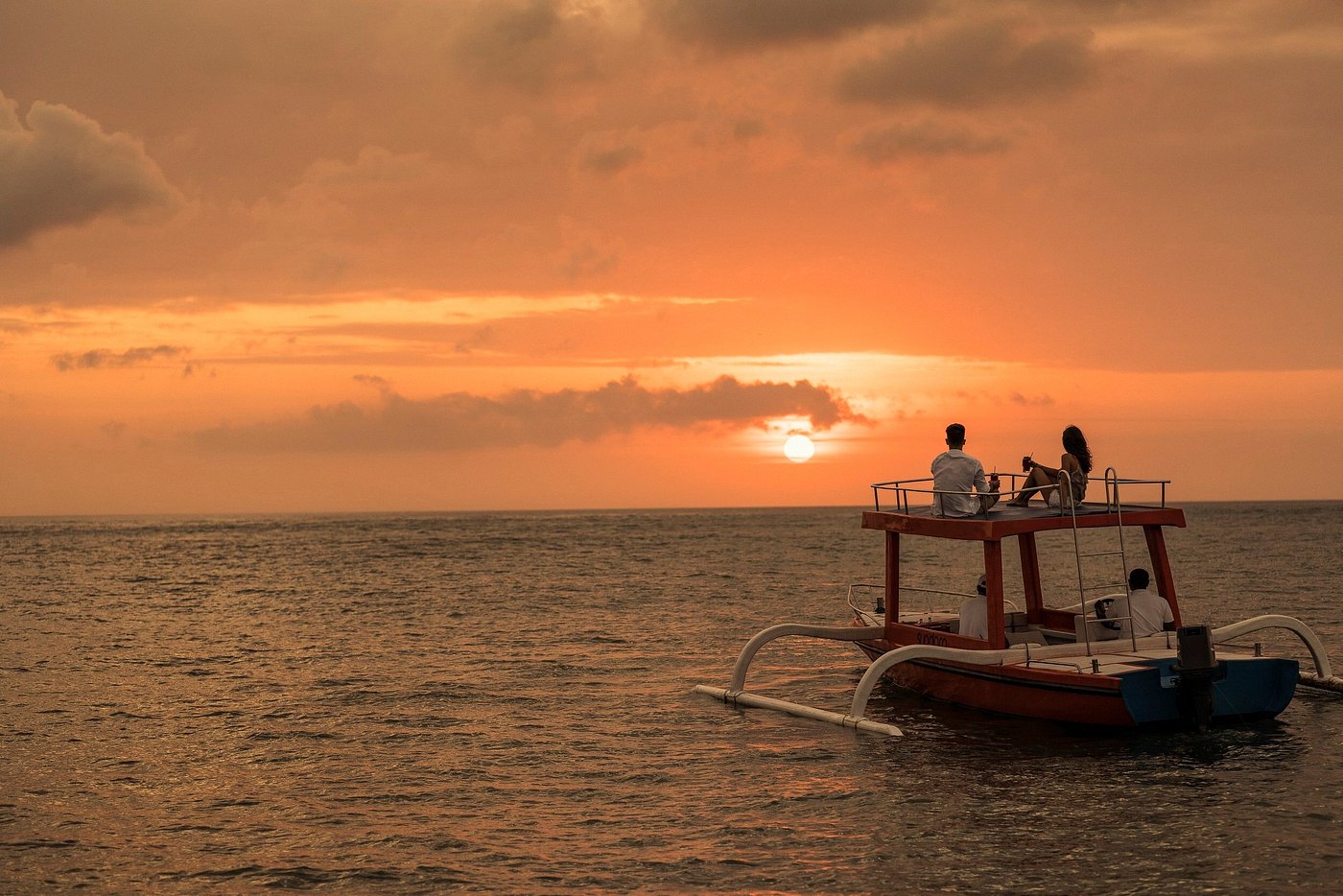
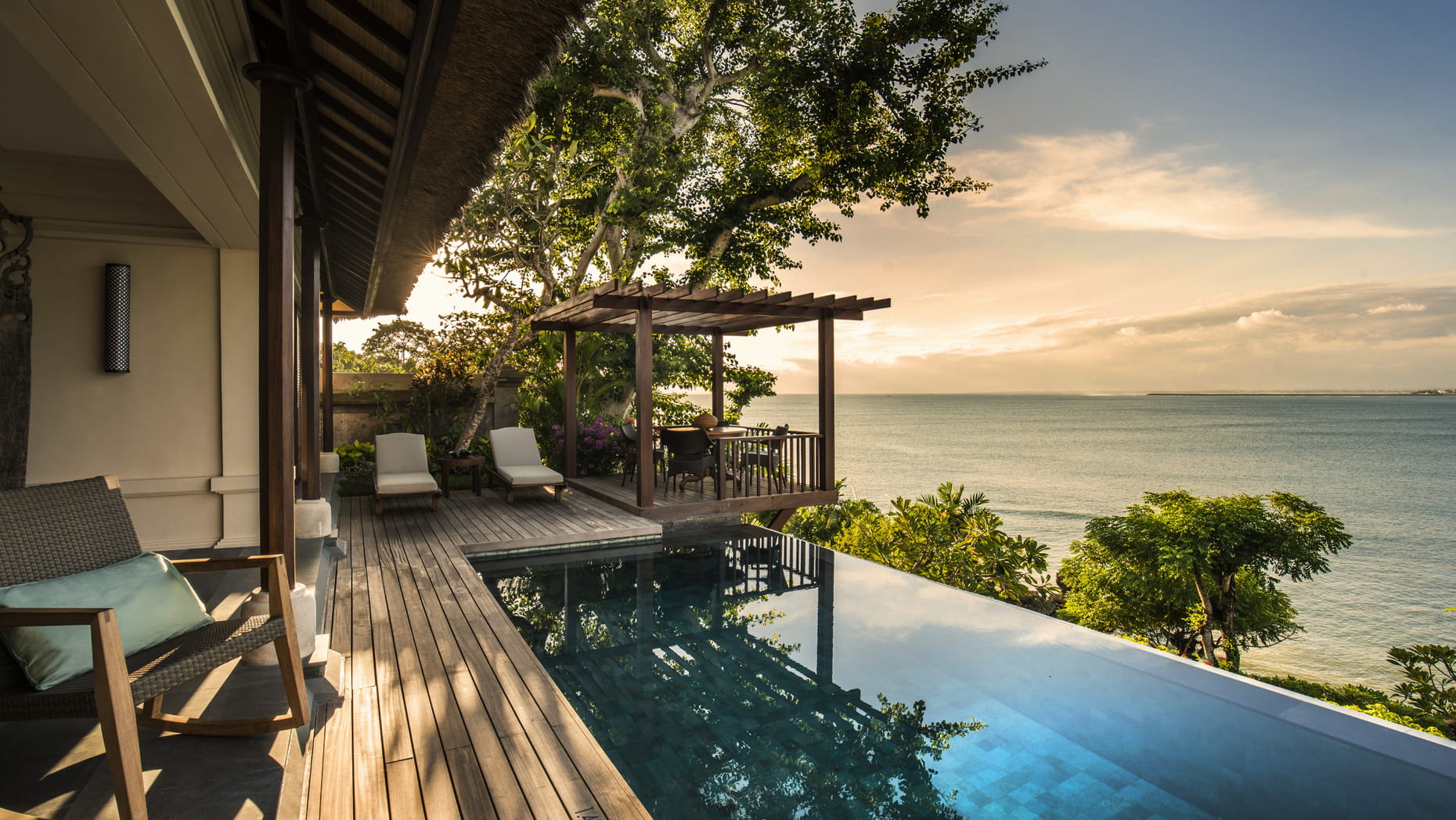

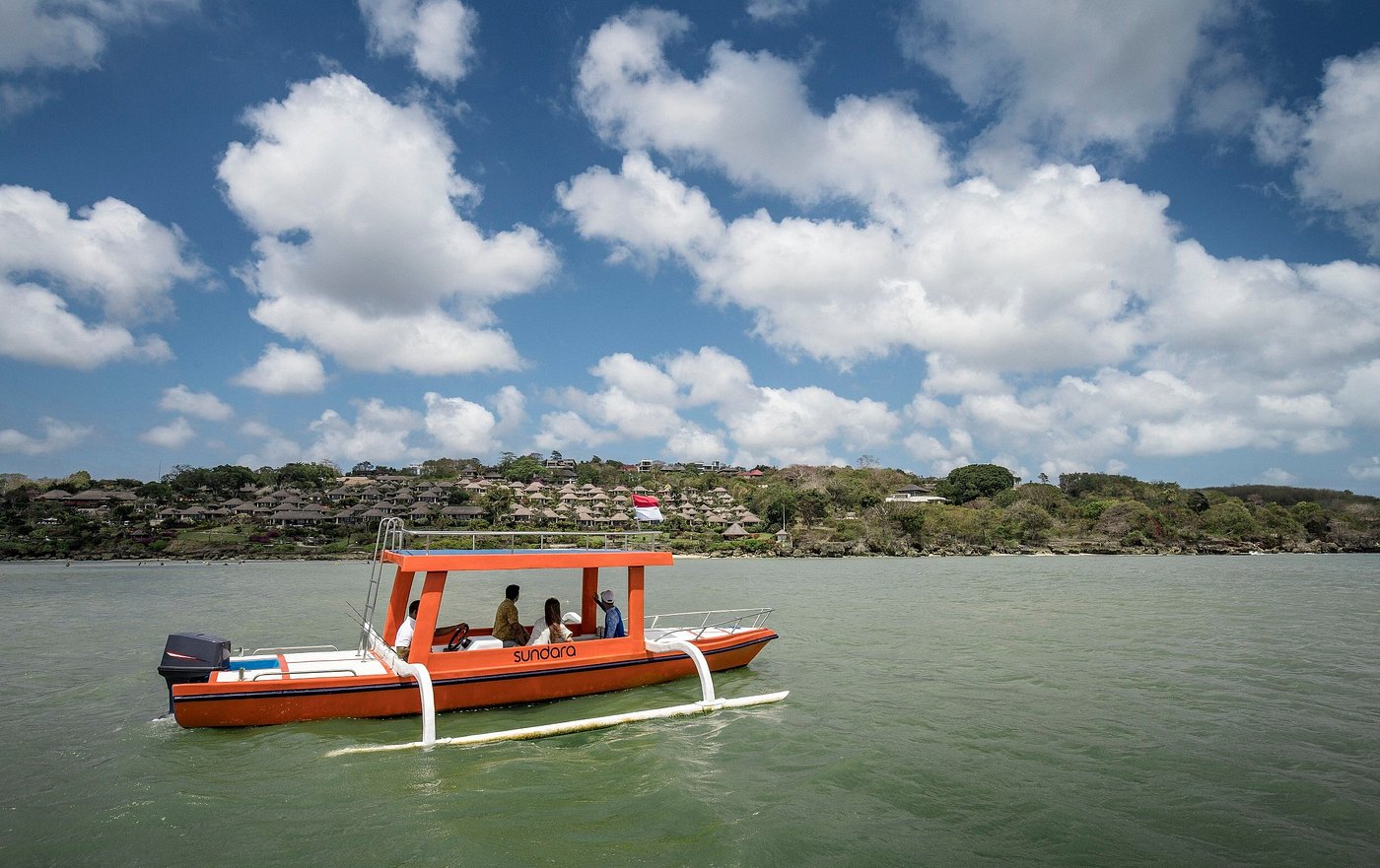

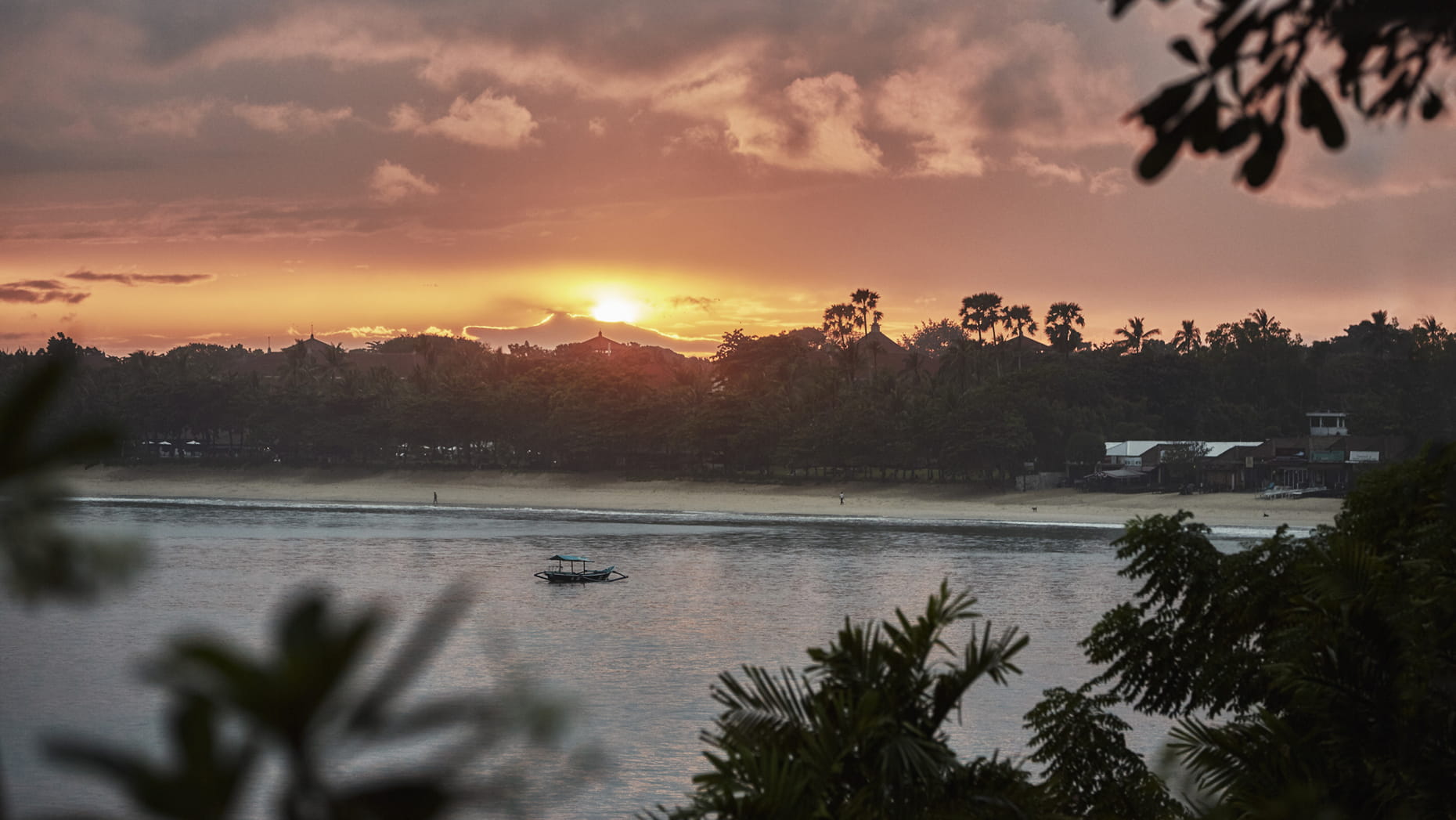
 Events & Festivals in August
Events & Festivals in August
